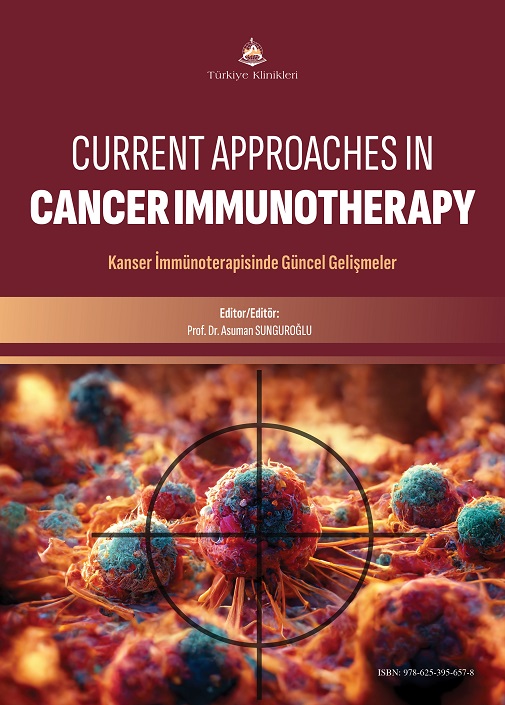Malignant tumors characterized by uncontrolled cell proliferation have been treated with traditional treatments such as chemotherapy, radiation therapy, and surgery for years. Despite advances in the diagnosis and treatment of cancer, cancer remains an unresolved global problem.
Cancer immunotherapy represents a groundbreaking approach in the field of oncology and this innovative treatment method focuses on using our body’s immune system, our strongest defense mechanism, to combat malignant cells. Unlike traditional cancer treatments such as chemotherapy and radiation therapy, which can cause serious side effects due to their non-specific targeting, immunotherapy offers a more targeted strategy.
Immunotherapy aims to strengthen the body’s natural defense mechanisms to elicit persistent, specific, and personalized anti-tumor responses by using the immune system’s ability to recognize and destroy cancer cells. Immunotherapy is designed to facilitate the immune system’s recognition of cancer cells as foreign entities, enhance the immune response, and reactivate the immune system, which typically promotes tumor proliferation.
Recently, Immunotherapies have been used as innovative and promising alternative treatments that extend patient survival. Various immunotherapies, including immune checkpoint inhibitors, monoclonal antibodies, cancer vaccines, adoptive T cell therapies, and therapeutic cancer vaccines, have achieved significant success in clinical trials and patient outcomes. Developments in this new field of science are closely linked to a deeper understanding of tumor biology, especially the complex interactions between tumor cells, the immune system, and the tumor microenvironment that are central to cancer progression and immune evasion.
Recent advances in combination therapies that synergistically integrate multiple immunotherapeutic strategies to identify resistance mechanisms and improve therapeutic outcomes have raised expectations for the future of cancer immunotherapy.
This review examines current developments in Immunotherapy at the molecular and cellular level, as well as providing a comprehensive analysis of immunotherapy types targeting the tumor microenvironment and the signaling pathways and epigenetic changes effective in cancer.
Prof. Dr. Asuman SUNGUROĞLU
Editor
Ankara University Faculty of Medicine, Department of Medical Biology, Ankara, Türkiye
Bölümler
Tumor Immunology
Hamdullah YANIK, Güneş ESENDAĞLI
Monoclonal Antibodies for Cancer Therapy
Klara DALVA, Sevim DALVA AYDEMİR
Vaccines Against Cancer
Pınar ÖZKAL BAYDIN, Elif KORGAN, Hakan AKBULUT
Adoptive T-Cell Therapy: Engineering T Cell Receptors
Pınar ATACA ATİLLA
NK-Cell Based Immunotherapies
Gülcan KÖKCÜ, Güldane CENGİZ SEVAL
Epigenetic Approaches in Cancer Immunotherapy
Gülçin Miyase SÖNMEZ, Melis BEKTAŞ, Selami Koçak TOPRAK
Tumor Microenvironment and Immunotherapy
Nazila FARHANGZAD, Elif DENER KILIÇ, Asuman SUNGUROĞLU
Resistance Mechanisms in Multiple Myeloma Immunotherapy
Ece VURAL, Meral BEKSAÇ
Signaling Pathways in Immunotherapy
Buket ALTINOK GÜNEŞ, Tülin ÖZKAN
Metabolic Reprogramming in Immuno-Oncology
Nur ÖZTEN KANDAŞ


